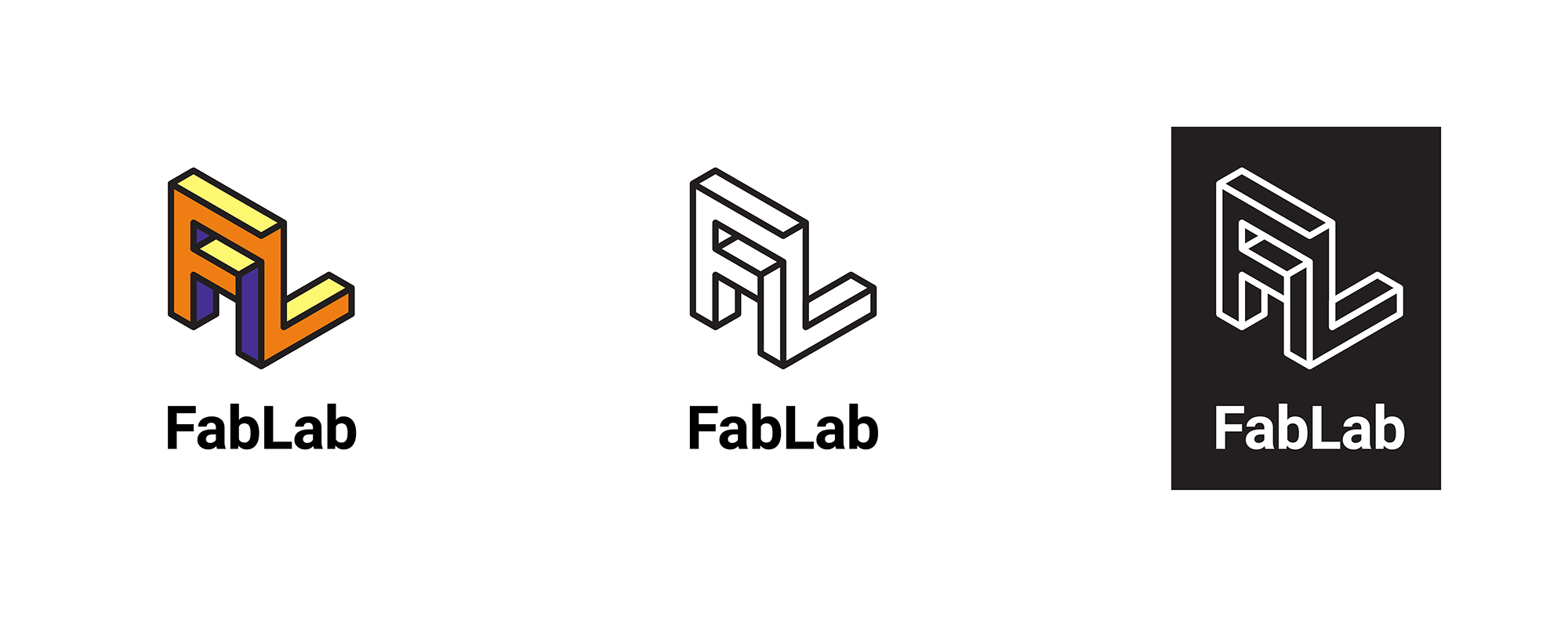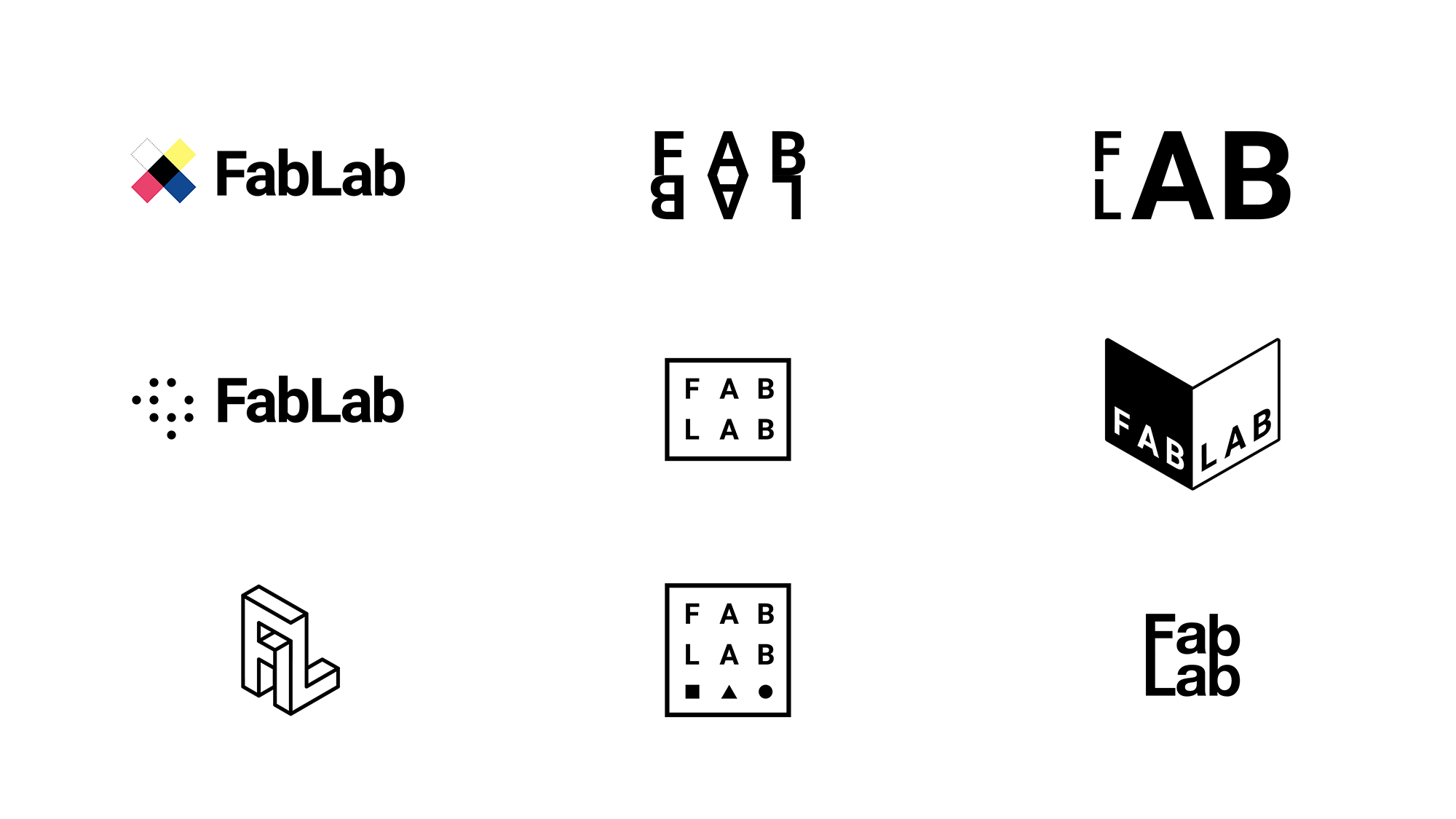FabLab Branding & Strategy
The Fabrication Lab or FabLab is the student makerspace at the School of Arts, Media, and Engineering at Arizona State University. The lab provides a space for students, faculty, and staff to experiment and explore new fabrication processes with prototyping, testing, and creating mockups in a variety of scales and materials.
Illustrator / InDesign / Photoshop
Welcome to the FabLab
“Well, well, well. Let’s get cracking, my fabulous fab-lab-bers.”
– Luke Kautz, Lab Manager
I had the privilege to work alongside the makers of the lab to come up with a fresh, modern, and energized visual identity to inform guests about the lab. The goal of the lab is to provide an open space where curious students, faculty, and staff can get their hands dirty to learn, experiment, and prototype projects with tools ranging from laser cutters to 3D printers to panel saws.
How the Brand Came to Life
The brand is inspired by the feeling of what the FabLab aims to promote: exploration, collaboration, and curiosity. The isometric style of the F and L is a nod to the isometric projection style often found in technical and engineering drawings to visually represent 3D objects in 2D. The impossible geometry the two letters form is a representation of the lab’s playfulness and endeavors to capture curious minds.
The ‘gram Moment
Because COVID-19 made in-person visits to the FabLab very difficult, the lab was forced to go virtual. Part of this transition was to develop a social media presence for the lab. I had the opportunity to carry over the brand of the FabLab to a brand new Instagram account.
To keep curious minds engaged, I helped the lab to start up a weekly, livestream event series called Make or Share. During a Make event, the FabLab guides attendees step-by-step through making a fun project where they can learn practical skills which can be applied to future projects. During a Share event, attendees will learn design-focused tips and tricks and how to best showcase their work.
Before the start of each semester, I collaborated with members of the FabLab to plan, write, schedule, and post a description about the event. Every week, I would manage posting each event and responding to any questions from curious students.
The Process
Before I started the visual design process, I researched existing fabrication labs to see what their positions were and how the FabLab could be unique among them. Many of the existing fabrication labs typically include a gear or tool icon so I wanted to take a step away from those design motifs to create something different. I then gathered images of design inspiration for a moodboard to convey the right tone, look, and feel–this gave me a better idea of what was or was not successful.
While brainstorming, I played with integrating geometric shapes which could easily be translated as patterns or secondary elements across different collateral such as giveaway items, business cards, social media posts, etc.









